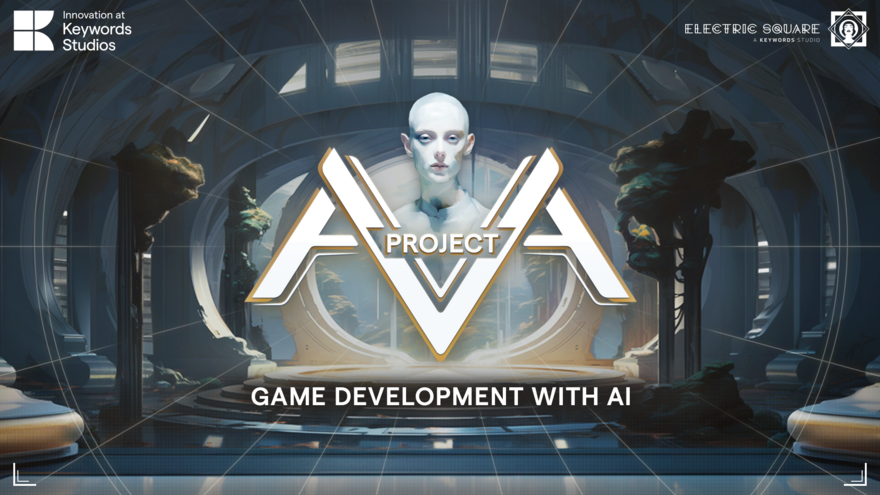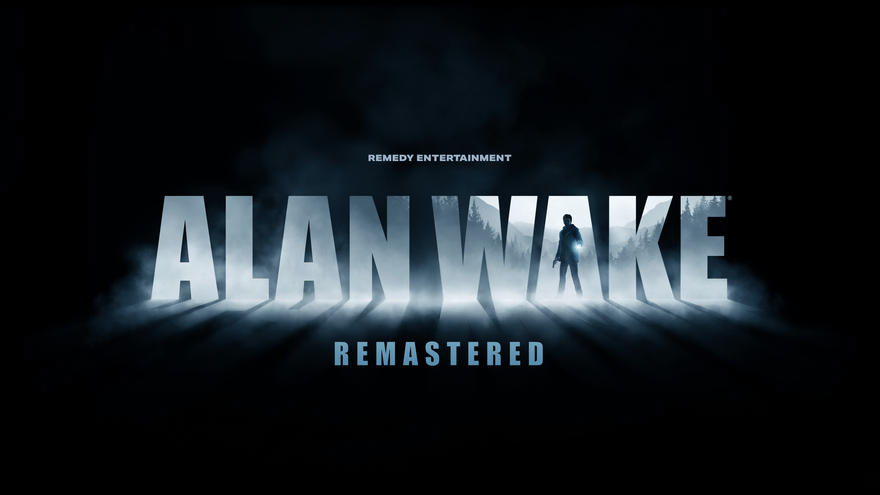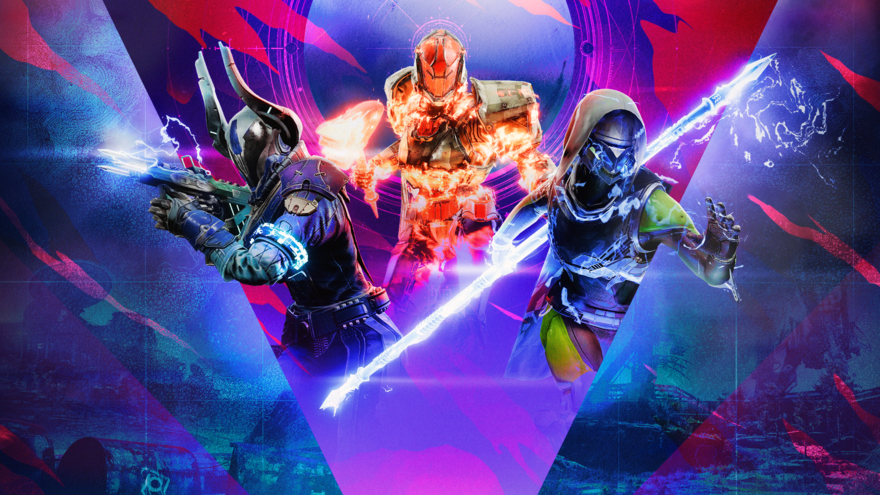How Long Does AI Take to Translate 1,000 Words?
In this piece, we will consider the translation of 1,000 words and explore both massive and tailored AI models for game localization.
At Keywords Studios, our teams have been pioneering the implementation of AI-powered systems in video game localization for many years, particularly since KantanAI joined us in 2019. And our best practice advice is always the same - focus on specialised workflows that blend technology and human expertise, rather than on all-encompassing tools. If you were to train AI systems by feeding them with large amounts of information, the model’s ability to categorise and contextualise specific topics would suffer in specific cases. In other words, a model trained to “do everything” will be broad in its general understanding, but shallow in terms of the industry expertise required to effectively translate.
Video game localization is a highly complex task that requires a tailored approach to fully reap the benefits of AI.
Translating 1,000 words with Machine Translation
A machine translation specialised AI engine can currently translate 1,000 words in less than five minutes, whilst a massive general AI model, like ChatGPT, can do so in much less than one.
On the surface, it seems a little counterintuitive that a specialised tool would take longer but there’s a catch; massive models often pool its data into one place. This data is voluminous, general and not tailored to any specific genre or project.
On the other hand, a specialised and trained MT engine will not only use specific data for a particular field and source language, but will also consider previous translation efforts. This helps generate an output that more accurately captures the style, tone and terminology that is needed.
The level of previous training or “context” will dictate the quality of any AI output for a specific subject matter or domain. For example, using one of our trained AI engines for a multiplayer fantasy MMO will leverage the thousands of words translated previously for that genre, and from the same source language, to generate a raw translation.
Obviously, this translation is nowhere near complete without human due diligence, but it gives the translator a solid foundation to start with.
Speed can’t be the only measure of success when analysing AI-generated translations. That much is clear. Just think about it, if your team spends hours reworking outputs to bring them up to industry standards, is this the best use of your time and resources?

Translating 1,000 words with Machine Translation Post Editing
All content localized through any AI engine requires thorough review and refinement, especially in a creative field like video game translation. This is what we call “post-editing”.
Post-editing differs from traditional reviews completed by linguists and is fast becoming its own discipline. While a traditional reviewer will work on source and translated human content, a post-editor will focus on words and phrases the AI engine has deemed a “fuzzy match”, ensuring everything that is flagged is translated appropriately for the target language.
Fuzzy matches are words or sentences the engine has seen before, but in a different order or alignment. The engine will then use memory and terminology data to suggest the best quality translation. Of course, there will be instances where this is not enough; the level of post-editing effort will almost always vary.
A trained post-editor can edit AI output of 1,000 words in a couple of hours, or in other words, process around 4,000 words a day. These numbers, although impressive, can only be achieved if the output has been sufficiently trained for that content type.
Non-specific, massive AI models will have a high Translation Error Rate (TER) and in the end will massively lessen productivity.
The bottom line: how long does AI take for video game localization?
Productivity levels when using AI for video game localization can seem high on first inspection, but don’t be fooled by the numbers. Using specialised engines, fed with proper context and specific terminology for each project, is the only way to truly reap the benefits of AI technologies for localization.
Think about it like this: the road to efficient, quality AI-powered translation is a marathon, not a sprint. By partnering with industry specialists like Keywords Studios, you can start off on the right foot thanks to our leading engines and professional teams of reviewers and post-editors.
A transformative global partner, supercharged by technology
Imagine a complete platform every step of the way empowering you to achieve even more.









